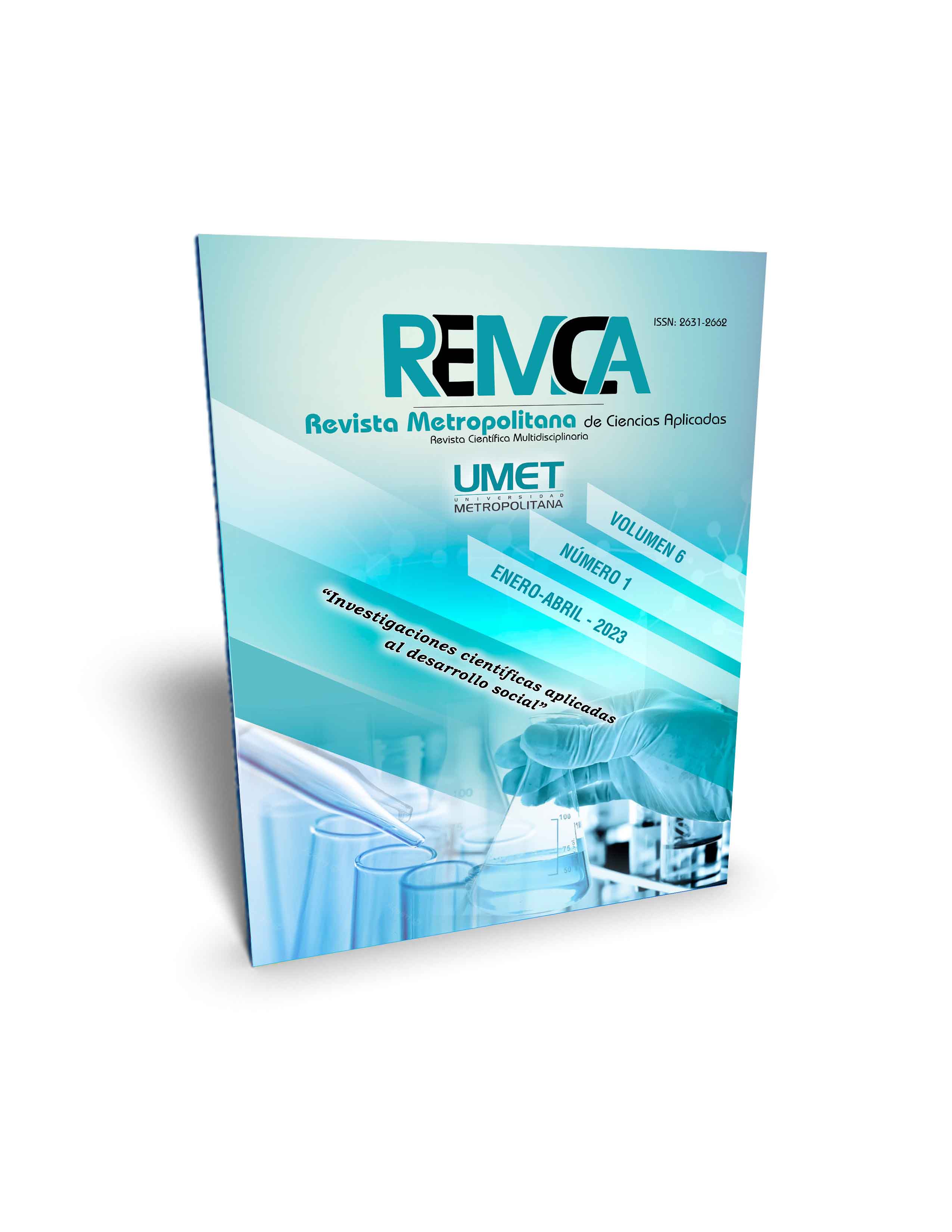Abandonment of cases due to the difficulty of proposing a new lawsuit in civil matters
DOI:
https://doi.org/10.62452/9df9cb25Keywords:
Abandonment, new claim, legal certainty, effective protectionAbstract
Ecuadorian legislation has been subject to much-needed reforms to regulate procedures and adapt them to a modern oral procedural system. From this evolution, comes the abandonment of causes and the legal effects inherent to its institution. Abandonment is considered a procedural sanction for the plaintiff, whose purpose is to protect the right to defense. This investigation requires a detailed treatment at the time of its application since, by preventing the right to propose a new claim by the same procedure and the same claims, constitutional principles such as: legal certainty, effective protection, equality of rights, access to justice, among others. The proposed general objective is: Analyze the impact generated by the abandonment of causes and the difficulty in proposing a new demand in light of the General Organic Code of Processes. Entering at a theoretical level, this research is historical-logical and analytical-synthetic, due to its descriptive study it was necessary to resort to bibliographical and documentary research with a qualitative approach to respond to the problem posed. With the results obtained, the need for a reform of the procedural norm is raised in order to avoid the transgression of rights.
Downloads
References
Alfaro Valverde, L. (2017). El problema del abandono de las pretensiones imprescriptibles. Derecho PUCP, 78, 115-128.
Allende Pérez de Arce, J. A. (2020). La unidad del proceso como defensa frente al abandono del procedimiento, a la luz de las sentencias de la Corte Suprema, Rol 42.696-2017 y 40.147-2017, de julio de 2018. Revista de derecho (Coquimbo), 27(21), 140-147.
Astudillo Orellana, R. (2018). El rol del abogado litigante en la oralidad. Revista Universidad y Sociedad, 10(1), 174-179.
Cedillo, M. (2020). Regulación del Abandono procesal en el COGEP y su Ley Orgánica Reformatoria 2019. (Tesis de Maestría). Universidad del Azuay.
Ecuador. Asamblea Nacional Constituyente. (2008). Constitución de la República del Ecuador. Registro Oficial 449. https://www.oas.org/juridico/pdfs/mesicic4_ecu_const.pdf
Ecuador. Asamblea Nacional. (2015). Código Orgánico General de Procesos. Registro Oficial Suplemento 506. https://www.emov.gob.ec/sites/default/files/transparencia_2018/a2.4.pdf
Gozaini, O. (2019). Tratado de derecho procesal civil. La Ley.
Mejía Salazar, A. (2017). Evolución histórica de la oralidad y la escritura en el proceso civil español y ecuatoriano. Revista de Derecho, 6, 73-94.
Miranda, A. M., & Pozo, E. (2020a). Abandono por inasistencia a las audiencias en el sistema procesal oral reguladas por el COGEP. Revista Lex, 3(10).
Organización de Estados Americanos. (1969). Convención Americana sobre Derechos Humanos. OEA. https://www.oas.org/dil/esp/tratados_b-32_convencion_americana_sobre_derechos_humanos.htm
Ortega, M. (2019). La caducidad y prescripción de la acción monitoria y su incidencia frente al principio de seguridad jurídica. (Tesis de titulación). Universidad Autónoma Regional de Los Andes.
Zambrano, M. (2018). El abandono como método de finalización anormal de un proceso judicial. (Tesis de Maestría). Universidad Católica Santiago de Guayaquil.
Downloads
Published
Issue
Section
License
Copyright (c) 2023 Haider Isidro Pico-Acosta, Martha Alejandra Morales-Navarrete (Autor/a)

This work is licensed under a Creative Commons Attribution-NonCommercial-ShareAlike 4.0 International License.
Authors who publish in Revista Metropolitana de Ciencias Aplicadas (REMCA), agree to the following terms:
1. Copyright
Authors retain unrestricted copyright to their work. Authors grant the journal the right of first publication. To this end, they assign the journal non-exclusive exploitation rights (reproduction, distribution, public communication, and transformation). Authors may enter into additional agreements for the non-exclusive distribution of the version of the work published in the journal, provided that acknowledgment of its initial publication in this journal is given.
© The authors.
2. License
The articles are published in the journal under the Creative Commons Attribution-NonCommercial-ShareAlike 4.0 International License (CC BY-NC-SA 4.0). The terms can be found at: https://creativecommons.org/licenses/by-nc-sa/4.0/deed.en
This license allows:
- Sharing: Copying and redistributing the material in any medium or format.
- Adapting: Remixing, transforming, and building upon the material.
Under the following terms:
- Attribution: You must give appropriate credit, provide a link to the license, and indicate if any changes were made. You may do this in any reasonable manner, but not in any way that suggests the licensor endorses or sponsors your use.
- NonCommercial: You may not use the material for commercial purposes.
- ShareAlike: If you remix, transform, or build upon the material, you must distribute your creation under the same license as the original work.
There are no additional restrictions. You may not apply legal terms or technological measures that legally restrict others from doing anything the license permits.




